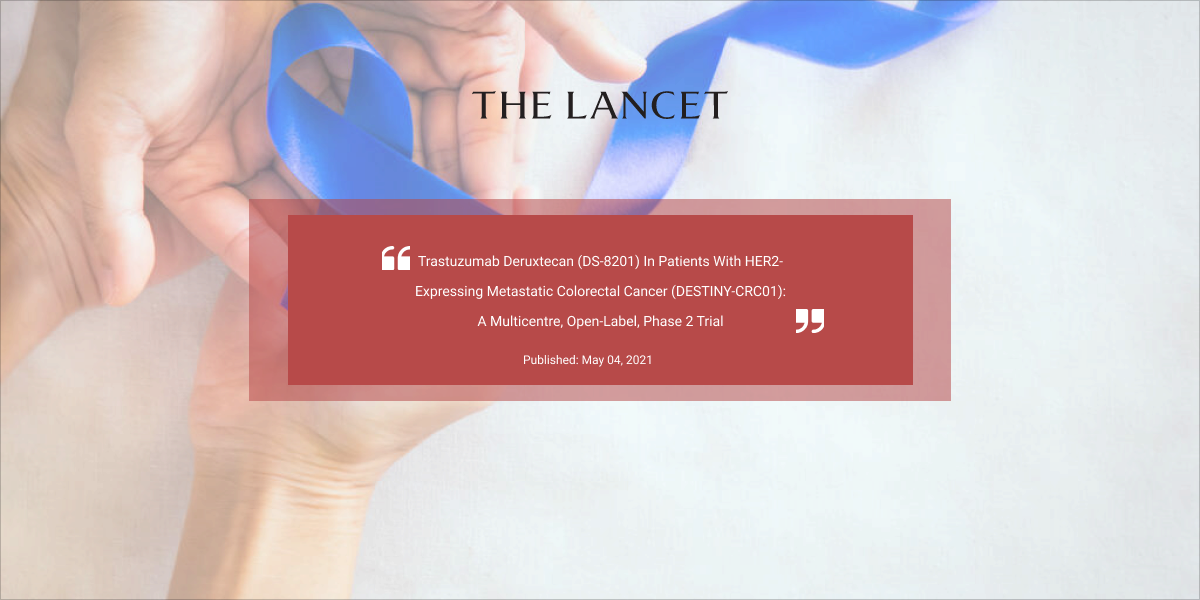Vemurafenib plus Rituximab in Refractory or Relapsed Hairy-Cell Leukemia
Hairy-cell leukemia (HCL) is a CD20+ indolent B-cell cancer in which a BRAF V600E kinase–activating mutation plays a pathogenetic role. In clinical trials involving patients with refractory or relapsed HCL, the targeting of BRAF V600E with the oral BRAF inhibitor vemurafenib led to a response in 91% of the patients; 35% of the patients had a complete response. However, the median relapse-free survival was only 9 months after treatment was stopped.
Methods
In a phase 2, single-center, academic trial involving patients with refractory or relapsed HCL, we assessed the safety and efficacy of vemurafenib (960 mg, administered twice daily for 8 weeks) plus concurrent and sequential rituximab (375 mg per square meter of body-surface area, administered for 8 doses over a period of 18 weeks). The primary end point was a complete response at the end of planned treatment.
Results
Among the 30 enrolled patients with HCL, the median number of previous therapies was 3. A complete response was observed in 26 patients (87%) in the intention-to-treat population. All the patients who had HCL that had been refractory to chemotherapy (10 patients) or rituximab (5) and all those who had previously been treated with BRAF inhibitors (7) had a complete response. Thrombocytopenia resolved after a median of 2 weeks, and neutropenia after a median of 4 weeks. Of the 26 patients with a complete response, 17 (65%) were cleared of minimal residual disease (MRD). Progression-free survival among all 30 patients was 78% at a median follow-up of 37 months; relapse-free survival among the 26 patients with a response was 85% at a median follow-up of 34 months. In post hoc analyses, MRD negativity and no previous BRAF inhibitor treatment correlated with longer relapse-free survival. Toxic effects, mostly of grade 1 or 2, were those that had previously been noted for these agents.
Conclusions
In this small study, a short, chemotherapy-free, nonmyelotoxic regimen of vemurafenib plus rituximab was associated with a durable complete response in most patients with refractory or relapsed HCL.
![]()
![]()
![]()
![]()




